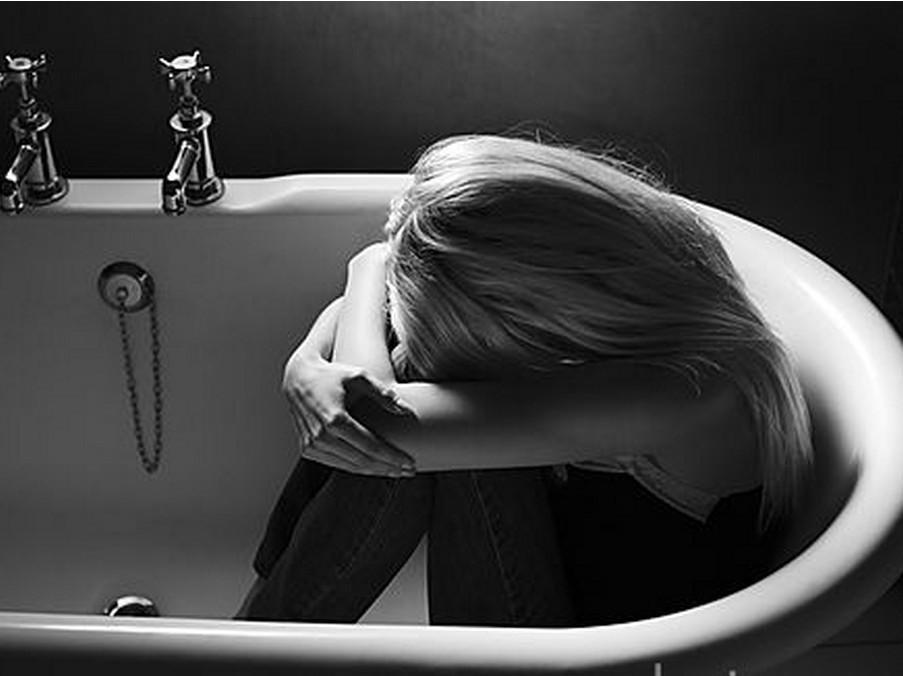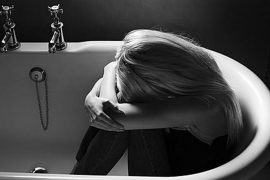They are 87,500 men against 51,000 women in consultation. In short, this means that out of a population of 11 million people, more than 12% of Tunisians have psychiatric disorders.
Digestive cramps, sleep disorders, heart rhythm disorders, says Dr. Mrad. He said that “the events of 14 January distributed Tunisians in three well-defined groups: there are those who have opted for a psychological attitude of struggle, and therefore confrontation of the situation. Those who have opted for a psychological leak attitude which reflects a denial of self-protection. And finally those who have succumbed to burnout. ”
Uplifting!
Meanwhile, one wonders how many are in such a state by not consulting. To mention only the daily violence, they are only the symptoms of this malaise that lead young people to embark on boats of death and make half of Tunisian women suffer physical violence.
People living in increasingly precarious and a State which is mismanaging its 25% poor and its 1.5 million illiterates. The state fails to give hope. It carries the legacy of the past but also a failing government who bears the responsibility for our future.
The Tunisian People revolted against hunger, injustice, regional imbalance, unemployment … Today it is at the heart of debates that concern the few and the election issues that blur at a time where he has only one concern in mind: to find work, feed their children and live in peace with dignity.
The situation is obviously not new. In 2005, One Tunisian out of two suffered from mental disorders. A survey conducted by the World Health Organization (WHO) and ignored, revealed that 37% of cases had depression and anxiety problems. Finding a political failure for the old regime of Ben Ali.
Tunisia has 212 psychiatric hospitals for 10 million people.
Amel Djait
{} Mainvote









